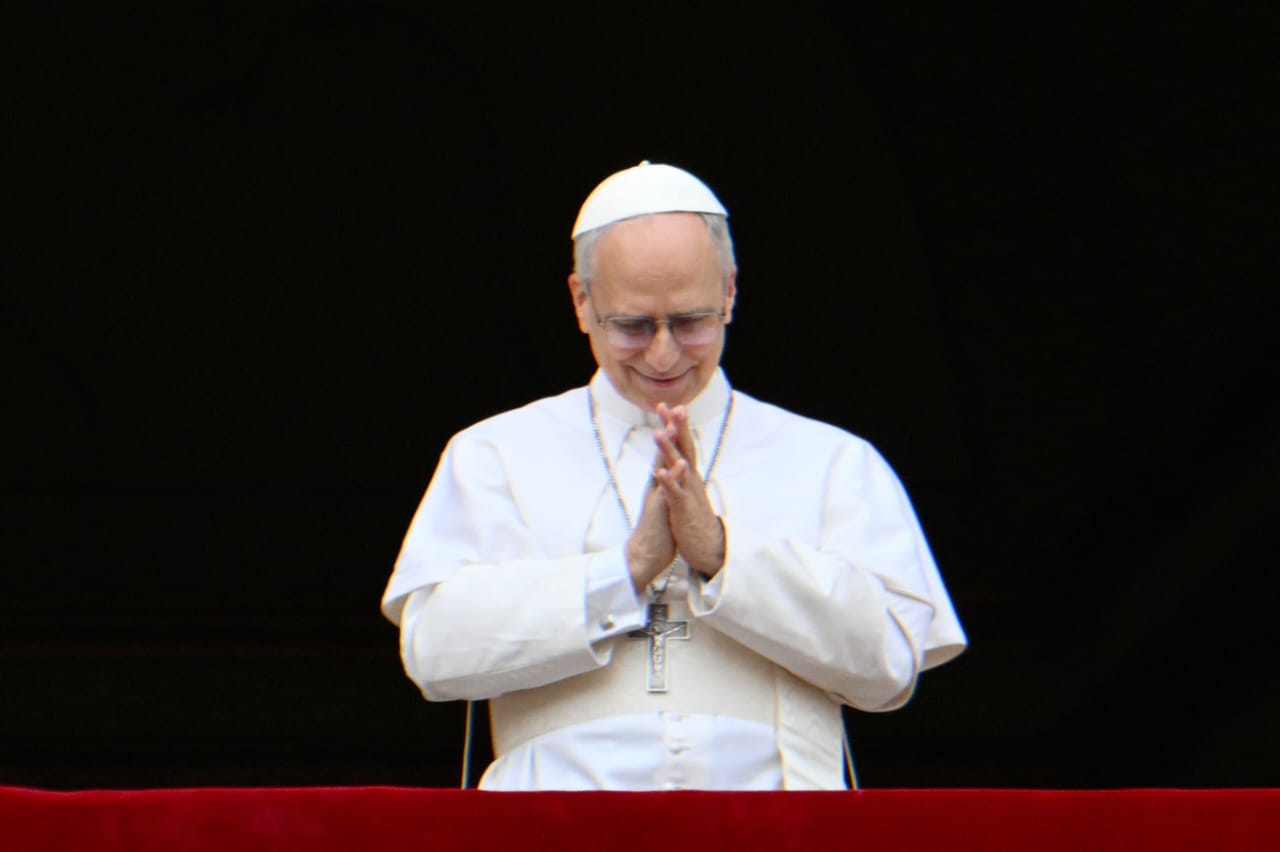LONDON – US oil prices climbed back above US$40 a barrel yesterday as late doubts emerged about the size of an expected increase in Opec supplies.
US light crude climbed nearly two per cent, or 67 cents, to US$40,63 a barrel, while London’s Brent crude rose 64 cents to US$37,50 a barrel. Hours ahead of an Opec ministers’ meeting yesterday in Beirut, Iran floated the idea for a two-staged supply increase, adding 1,5 million bpd this month with the possibility of bumping up production further at a later meeting.Saudi Arabia, the world’s biggest exporter, wants an immediate hike in Opec’s supply ceiling of up to 2,5 million bpd to quell a rally that has propelled oil prices to the highest since the early 1980s when US crude futures were launched.”From the sort of run up we have, the general expectation in the market is for a 2,5 million-barrel increase and anything less than that would be bullish,” said Tony Machacek of Prudential Bache brokerage.Oil prices have been on a roller-coaster this week, surging by about US$2,50 after a weekend attack by Islamic militants in the Saudi oil city of Khobar, which saw US crude strike a 21-year peak of US$42,45.But they fell on Wednesday as Saudi Arabia and the United Arab Emirates promised to pump a combined 1,1 million bpd of new supply in June regardless of any Opec policy decision.The Organisation of the Petroleum Exporting Countries is already producing more than two million bpd above its existing official supply limit of 23,5 million bpd.Despite the late Iranian proposal, Kuwaiti Oil Minister Sheikh Ahmad al-Fahd al-Sabah said he saw sufficient backing in the 11-member cartel for a deal endorsing a Saudi proposal for an increase of up to 2,5 million barrels per day.”Kuwait thinks 26 million will be the right thing to do,” said Sheikh Ahmad.Even with an output increase, there is no guarantee prices will fall, given that price strength has been fuelled by a combination of world economic growth, US refinery bottlenecks and worries about supply security in the Middle East.Saudi Oil Minister Ali al-Naimi warned on Wednesday that Opec could not control prices in a market where strength is not based on any fundamental lack of crude.”Opec cannot always control the price,” Naimi said in Beirut.”The Opec role is confined to ensuring a balance between supply and demand on the oil market.”Apart from the Opec meeting, the market wound also focus later yesterday on the latest inventory data from the US government that will give an indication of the health of US supplies, notably of gasoline.Gasoline inventories have been running about five million barrels below year-ago levels as the world’s biggest consumer enters the peak-demand summer-vacation months.-Nampa-ReutersHours ahead of an Opec ministers’ meeting yesterday in Beirut, Iran floated the idea for a two-staged supply increase, adding 1,5 million bpd this month with the possibility of bumping up production further at a later meeting.Saudi Arabia, the world’s biggest exporter, wants an immediate hike in Opec’s supply ceiling of up to 2,5 million bpd to quell a rally that has propelled oil prices to the highest since the early 1980s when US crude futures were launched.”From the sort of run up we have, the general expectation in the market is for a 2,5 million-barrel increase and anything less than that would be bullish,” said Tony Machacek of Prudential Bache brokerage.Oil prices have been on a roller-coaster this week, surging by about US$2,50 after a weekend attack by Islamic militants in the Saudi oil city of Khobar, which saw US crude strike a 21-year peak of US$42,45.But they fell on Wednesday as Saudi Arabia and the United Arab Emirates promised to pump a combined 1,1 million bpd of new supply in June regardless of any Opec policy decision.The Organisation of the Petroleum Exporting Countries is already producing more than two million bpd above its existing official supply limit of 23,5 million bpd.Despite the late Iranian proposal, Kuwaiti Oil Minister Sheikh Ahmad al-Fahd al-Sabah said he saw sufficient backing in the 11-member cartel for a deal endorsing a Saudi proposal for an increase of up to 2,5 million barrels per day.”Kuwait thinks 26 million will be the right thing to do,” said Sheikh Ahmad.Even with an output increase, there is no guarantee prices will fall, given that price strength has been fuelled by a combination of world economic growth, US refinery bottlenecks and worries about supply security in the Middle East.Saudi Oil Minister Ali al-Naimi warned on Wednesday that Opec could not control prices in a market where strength is not based on any fundamental lack of crude.”Opec cannot always control the price,” Naimi said in Beirut.”The Opec role is confined to ensuring a balance between supply and demand on the oil market.”Apart from the Opec meeting, the market wound also focus later yesterday on the latest inventory data from the US government that will give an indication of the health of US supplies, notably of gasoline.Gasoline inventories have been running about five million barrels below year-ago levels as the world’s biggest consumer enters the peak-demand summer-vacation months.-Nampa-Reuters
Stay informed with The Namibian – your source for credible journalism. Get in-depth reporting and opinions for
only N$85 a month. Invest in journalism, invest in democracy –
Subscribe Now!










